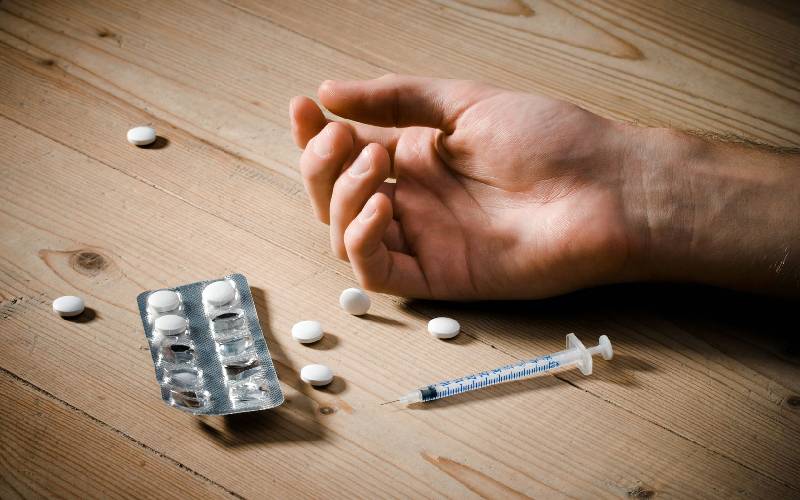×
The Standard e-Paper
Smart Minds Choose Us

I met Pablo Escobar in Kisauni Mombasa. Well, not that Escobar, the Colombian. This Pablo was a young Arab addict that I met in the rehab in Kisauni. He called himself Pablo, pronounced Paaablo with a distinct Swahili accent. He liked the long drawn version of the name as it made him sound more cool. He was given this name in the street, recognition for being the highest mover of drugs.